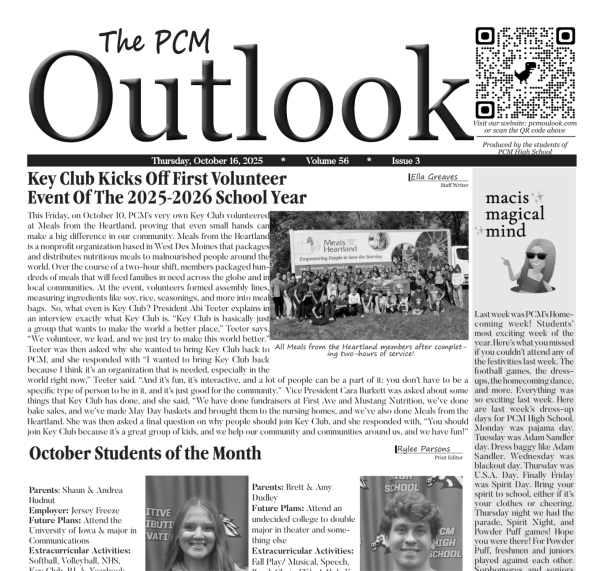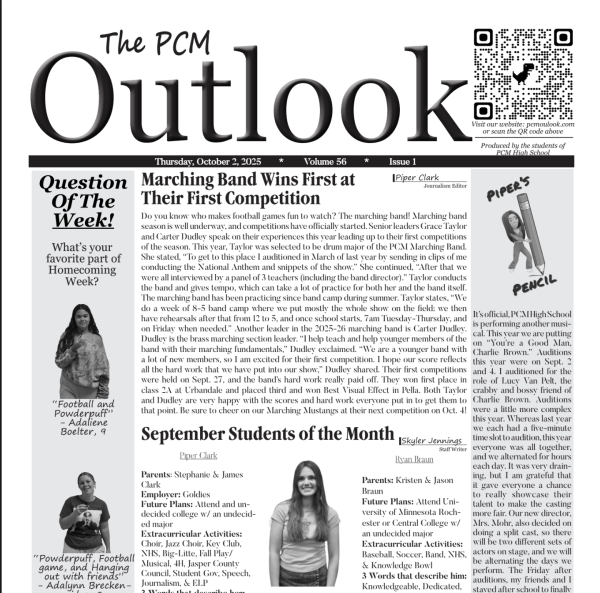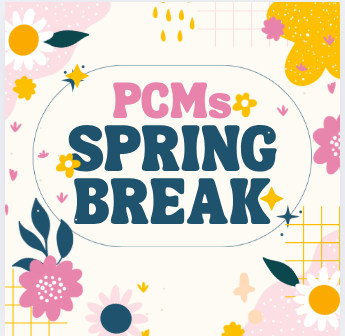Tips for graduating DMACC in high school

The DMACC graduation. Photo from dmacc.edu.
This last Tuesday I participated in DMACC’s annual commencement graduation ceremony. This graduation signified that I had managed to graduate from the community college at the same time as I graduated. While I have yet to receive my diploma (at the graduation they just gave you a sheet of paper that says you will get the real thing within six weeks), this still marked the end of a very long journey for me. Looking back on it though, there are a great deal of things I would have certainly done differently, and as such I would like to share the lessons I learned with anyone looking to go down a similar path. These are all things I very much wish I had known when starting out.
Start as early as you can. A head start will make your life a lot easier down the road. Start taking at least one or two classes early on in your high school career, (freshmen year preferably) as this will give you a very good idea very quickly of if DMACC credit is actually something you want to pursue.
Explore your options. There are a number of different ways to gain college credit in high school – more than I can really talk about here – but remember to consider and explore as many of them as you can, any of them could end up being useful.
Make a plan. Once you decide this may be something you want to pursue, the first thing you should actually do is begin the work of making a plan to follow to get all of the credits you need for your program. Having a plan early on in the process will give you much more direction later on, and allow you to work far more effectively as you move from class to class.
Don’t be afraid to change the plan. Plans always change, so don’t get married to the plan you created. Any number of things could happen to throw it off. Because of this, you need to be willing to let things change and be adapted to new situations. You never know what is going to happen in the future.
Build in wiggle room. Sometimes things won’t work out, but that’s OK. Build in extra wiggle room and plan for taking more classes than you actually need so that a single dropped credit won’t destroy everything you worked towards.
Know your limits and avoid stretching yourself too thin. It is very easy to take on a larger and heavier workload than you can actually manage, and so you need to be willing to allow yourself to do less than what you think your “full potential” may be. The stress of a heavier workload than you can manage is absolutely not worth whatever extra credit you may gain.
Summer School? Never forget about the possibility of summer school. It can be genuinely really difficult to fit in all of the classes you will need to take during the regular school year, so having the buffer of taking classes through the summer is extremely useful. DMACC classes, even without the school subsidizing the cost, are very cheap – even enough so that with just a summer job most students could probably afford them. If you are genuinely interested in taking more DMACC classes, doing one or two during the summer might not be a bad idea.
The value of AP. Kids often debate whether or not to take AP classes for college credit, and my genuine response is often this; take at least one so you can know exactly why you don’t want to take any more. AP classes through Apex as the school has them set up are infamously difficult and often filled with busy work that will eat at your time far more than you could possibly anticipate. Because of this they offer a decent simulation of what a more rigorous course load feels like, but are honestly not all that worth it when there are easier and more effective methods of getting the same credit.
Be willing to talk to your professors. In almost every case where I have interacted with them, the professors at DMACC have been incredibly helpful. They want you to succeed just as much as you want to, so don’t be scared to shoot them an email, or give them a call if you genuinely need some help, or just need an extension on an assignment.
Have a life. If your workload ends up looking anything like mine did throughout the last several years, you will likely struggle to maintain any real balance between academics and life as I did. By the end of my journey though I eventually learned a very hard, but incredibly valuable lesson; It’s okay to not have straight A’s as long as you spend the time you have not doing schoolwork with the people or doing the things you love.
Looking back on my time in high school I spent a lot of it genuinely miserable and stressed out with an amount of homework that felt actually impossible to manage. While I eventually did make it through the grind, I don’t actually know how much better I am for it. I often questioned if getting an associates degree in Liberal Arts of all things was really worth all those late nights sprinkled with mental breakdowns, the near-constant exhaustion that often left me struggling to function, the missed holidays, the family members I haven’t seen in years, the friends I haven’t talk to, or the activities and passions I had to give up on. To be honest, I don’t really know if I know the answer to that, but what I do know is that I regret all of those things.
Spend your time doing the things you love with those that you care about and you will live a much more meaningful life than I’ll ever have. Go watch a movie, hug your mother, or play video games with friends till 3 A.M. In the grand scheme of things schoolwork may be important, but it’s not everything and should never be everything to you. Pass the class, but please don’t attach yourself to it like it means your life, it’s not worth the pain.

I’m Justin Hall and this is my first year doing Journalism. My work here often focuses on systemic issues and the stories of the people who face them....










